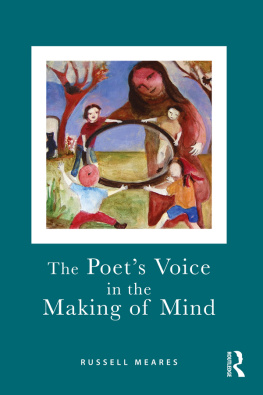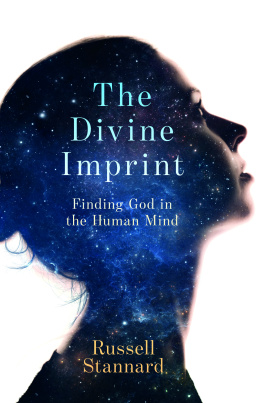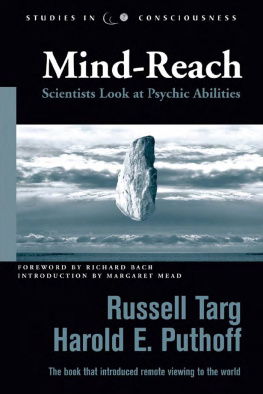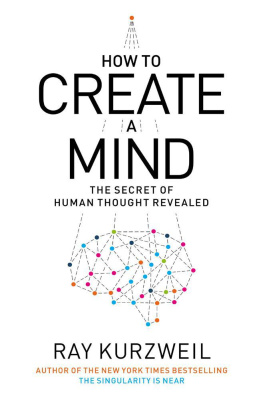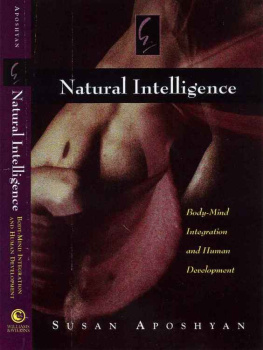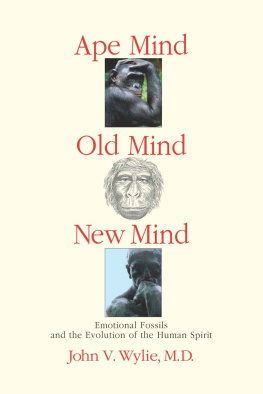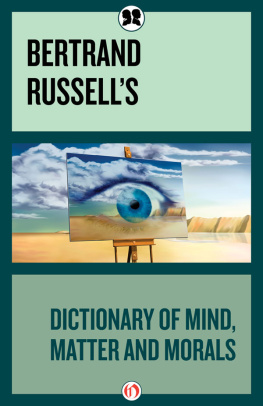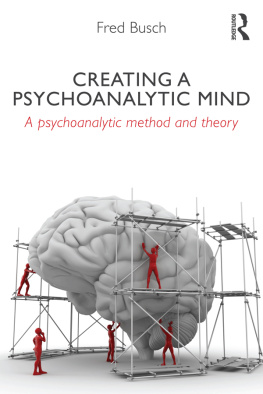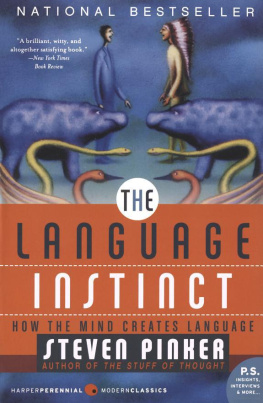The Poets Voice in the Making of Mind
How did the human mind evolve and how does it emerge, again and again, in individual lives?
In The Poets Voice in the Making of Mind, Russell Meares presents a fascinating inquiry into the origin of mind. He proposes that the way in which mind, or self, evolved, may resemble the way it emerges in childhood play and that a poetic, analogical style of thought is a biological necessity, essential to bringing to fruition the achievement of the human mind. Taking a fresh look at the language used in psychotherapy, he shows how language, and conversation in particular, is central to the development and maintenance of self. His theory incorporates the ideas from William James, Hughlings Jackson, Janet Hobson, Gerald Edelman, Wolf Singer, Vygotsky and others. It is illuminated by extracts from literary artists such as Wallace Stevens, W. S. Merwin, Virginia Woolf, Joseph Conrad and Shakespeare.
Encompassing psychotherapy, psychoanalysis, evolution, child development, literary criticism, philosophy, studies of mind and consciousness, The Poets Voice in the Making of Mind is an engaging, ground-breaking and thought-provoking work that will appeal to psychotherapists and psychoanalysts, as well as anyone interested in the emergence of mind and self.
Russell Meares is Emeritus Professor of Psychiatry at the University of Sydney. He trained in psychiatry at the Royal Bethlem and Maudsley Hospitals where he formed an enduring friendship with the late Robert Hobson, with whom he collaborated to develop the Conversational Model of psychotherapy, devised to treat people who could not be treated by other means and who would now be called borderline. His most recent books for Routledge are Intimacy and Alienation (2000) and The Metaphor of Play (revised and enlarged edition) (2005).
The Poets Voice in the Making of Mind is a truly monumental work, the product of Meares lifetime exploration of the development of symbolization, language, and the self. It is a beautifully written book in which Meares speaks with the unassuming intelligence of the finest of teachers. Meares brings to life, in a highly thought-provoking way, aspects of the work of William James, Edelman, Geertz, Cassirer, Trevarthan, Vygotsky, Hughlings Jackson, Hobson and other major contributors to the study of human development. But the triumph of this book lies in Meares ability to encompass their ideas and the voices of poets, as well as his own original contributions, and to go on to offer a unifying conception of the development of symbolization, language, self, and culture a unifying view that the reader will find nowhere else. This is one of the finest books I have read on the subject of what is uniquely human. Thomas Ogden
This beautifully written book is rich in information for psychotherapists, psychologists, neuroscientists, as well as philosophers and physicists, on the poetry of life. Russell Meares humanism transcends disciplinary boundaries, offering a picture of the developing personal self as made for discovery of joy in intimate and responsive company; for sharing the symbolic make believe of culture. The emotional foundations of metaphor he finds in the melody of mothers conversations with infants gives hope for those who have suffered extreme misfortune in living and sharing life, a way to help them recover self-confidence and a feeling for the common sense of life. Colwyn Trevarthen, Emeritus Professor of Child Psychology and Psychobiology, Department of Psychology, The University of Edinburgh, Scotland, UK
In this remarkable feat of scholarship, Russell Meares offers a large body of evidence from science, including very recent neuroscience, physics, cognitive science, developmental psychology and anthropology, in order to more deeply elucidate the central questions about the human condition long addressed by poetry, literature, and philosophy. Utilizing an interpersonal neurobiological perspective, he offers a compelling central thesis, that right brain-to-right brain affective communications between mother and infant in early proto-conversations play an essential role in the development and expression of not only all later emotional functions, but also higher cognitive functions, including symbolization, metaphor, music, poetry, higher forms of consciousness, and indeed the self and culture. This groundbreaking integrative work represents a creative interdisciplinary bridge between the sciences and humanities. Allan N. Schore, Ph.D., Department of Psychiatry and Biobehavioral Sciences, University of California at Los Angeles David Geffen School of Medicine
First published 2016
by Routledge
2 Park Square, Milton Park, Abingdon, Oxon OX14 4RN
and by Routledge
711 Third Avenue, New York, NY 10017
Routledge is an imprint of the Taylor & Francis Group, an informa business
2016 Russell Meares
The right of Russell Meares to be identified as author of this work has been asserted by him in accordance with sections 77 and 78 of the Copyright, Designs and Patents Act 1988.
All rights reserved. No part of this book may be reprinted or reproduced or utilised in any form or by any electronic, mechanical, or other means, now known or hereafter invented, including photocopying and recording, or in any information storage or retrieval system, without permission in writing from the publishers.
Trademark notice: Product or corporate names may be trademarks or registered trademarks, and are used only for identification and explanation without intent to infringe.
British Library Cataloguing in Publication Data
A catalogue record for this book is available from the British Library
Library of Congress Cataloging in Publication Data
Names: Meares, Russell, author.
Title: The poets voice in the making of mind / Russell Meares.
Description: First Edition. | New York : Routledge, 2016.
Identifiers: LCCN 2015037537 | ISBN 9780415572330 (978-0-415-57234-7)
Subjects: LCSH: Thought and thinking. | Consciousness. | Developmental
psychology.
Classification: LCC BF442 .M43 2016 | DDC 150dc23
LC record available at http://lccn.loc.gov/2015037537
ISBN: 978-0-415-57233-0 (hbk)
ISBN: 978-0-415-57234-7 (pbk)
ISBN: 978-1-315-67063-8 (ebk)
Typeset in Times New Roman
by Florence Production Ltd, Stoodleigh, Devon, UK
With thanks to
Robert Hobson (19201999) for our friendship,
his generosity, and our creative conversation
and
Michelle Phillips whose skills and tireless efforts
made this book possible
and
to Susanne
Contents
We would like to thank the following for granting permission to use the following material in this book:
Edelman, G. (2006). Second Nature: Brain Science and Human Knowledge . Yale, CT: Yale University Press, p. 57 is reprinted by kind permission of Yale University Press, New Haven & London.
Johnson, D. (2000). The Pleiades in Australian Aboriginal and Torres Strait Islander Astronomies. In S. Kleinert and M. Neale (eds), Oxford Companion to Aboriginal Art and Culture (pp. 2428). Oxford: Oxford University Press.
Reprinted with kind permission.
Merwin, W. S. (1988). Utterance from Rain in the Trees . New York: Alfred A. Knopf. Reprinted with kind permission of Penguin Random House.
Tolkien, J. R. R. (1950). Beowulf and the Finnesburg Fragment , A Translation into Modern English Prose by John R. Clark Hall, with Prefatory Remarks by J. R. R. Tolkien (revised edn). London: George Allen and Unwin Ltd. Reprinted by kind permission of Harper Collins Publishers.

